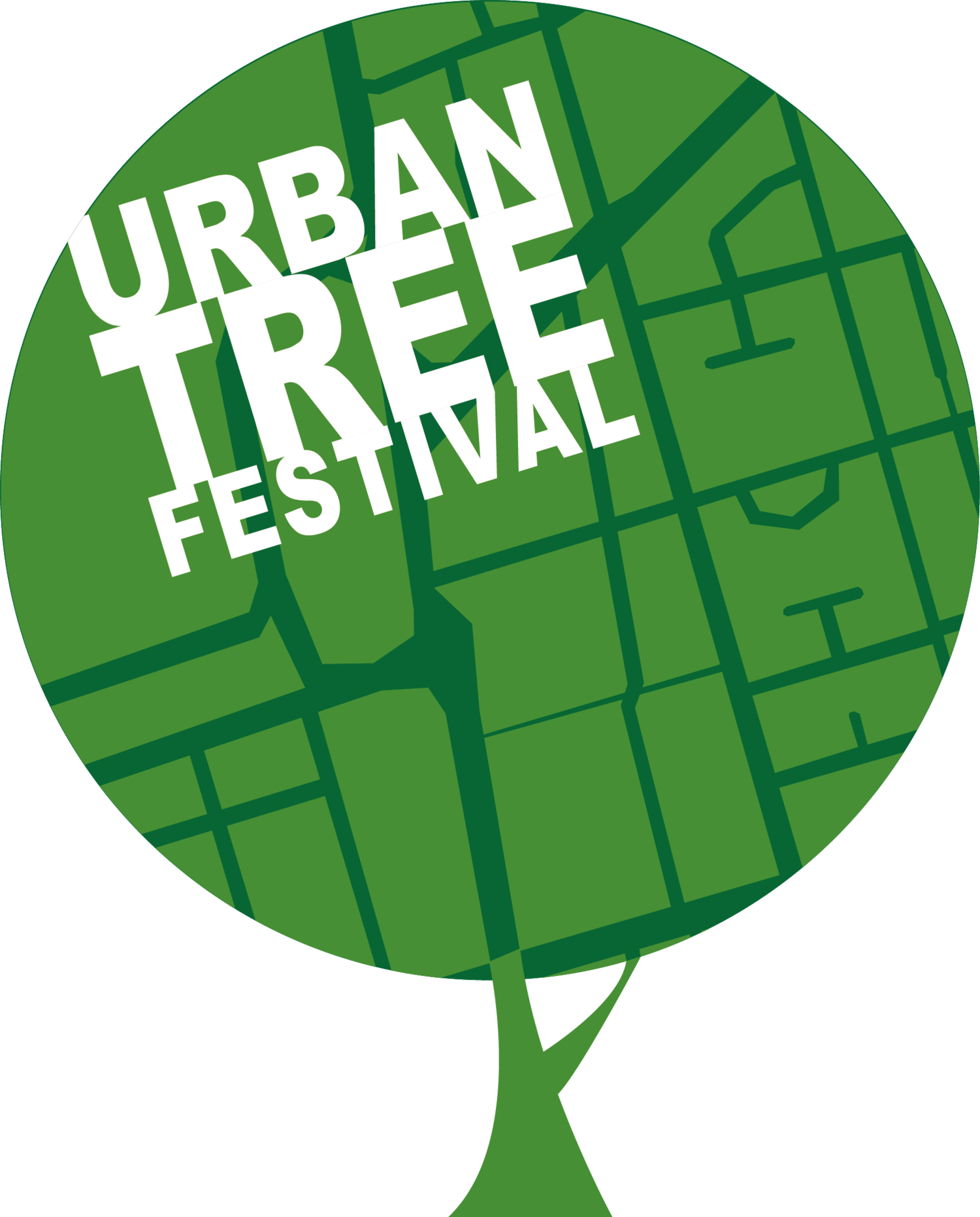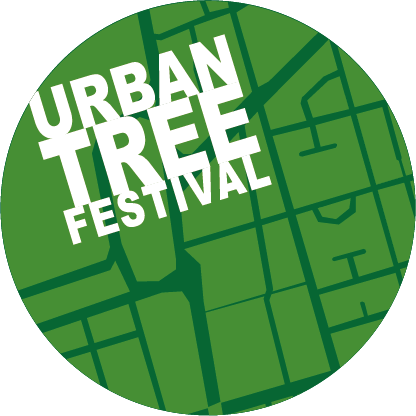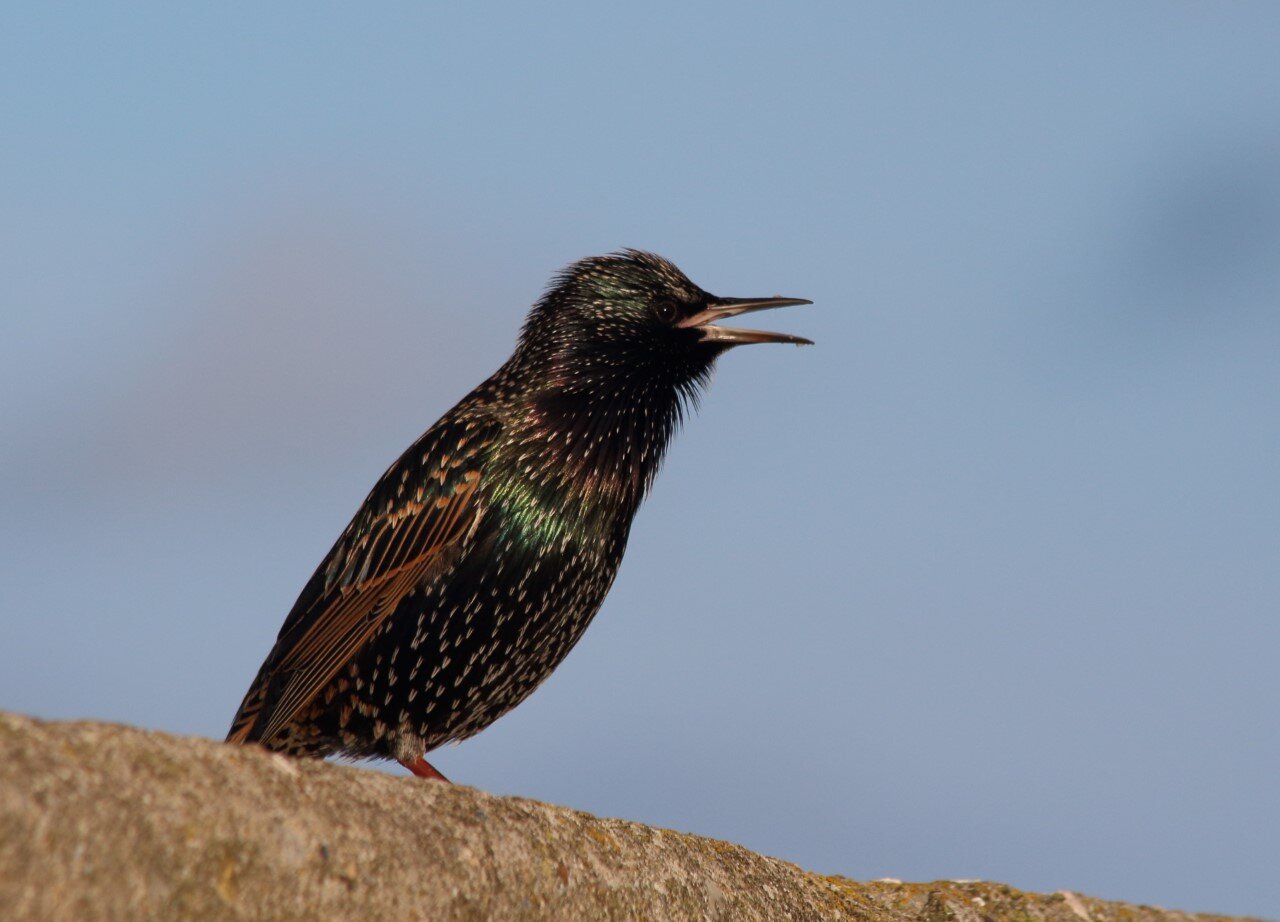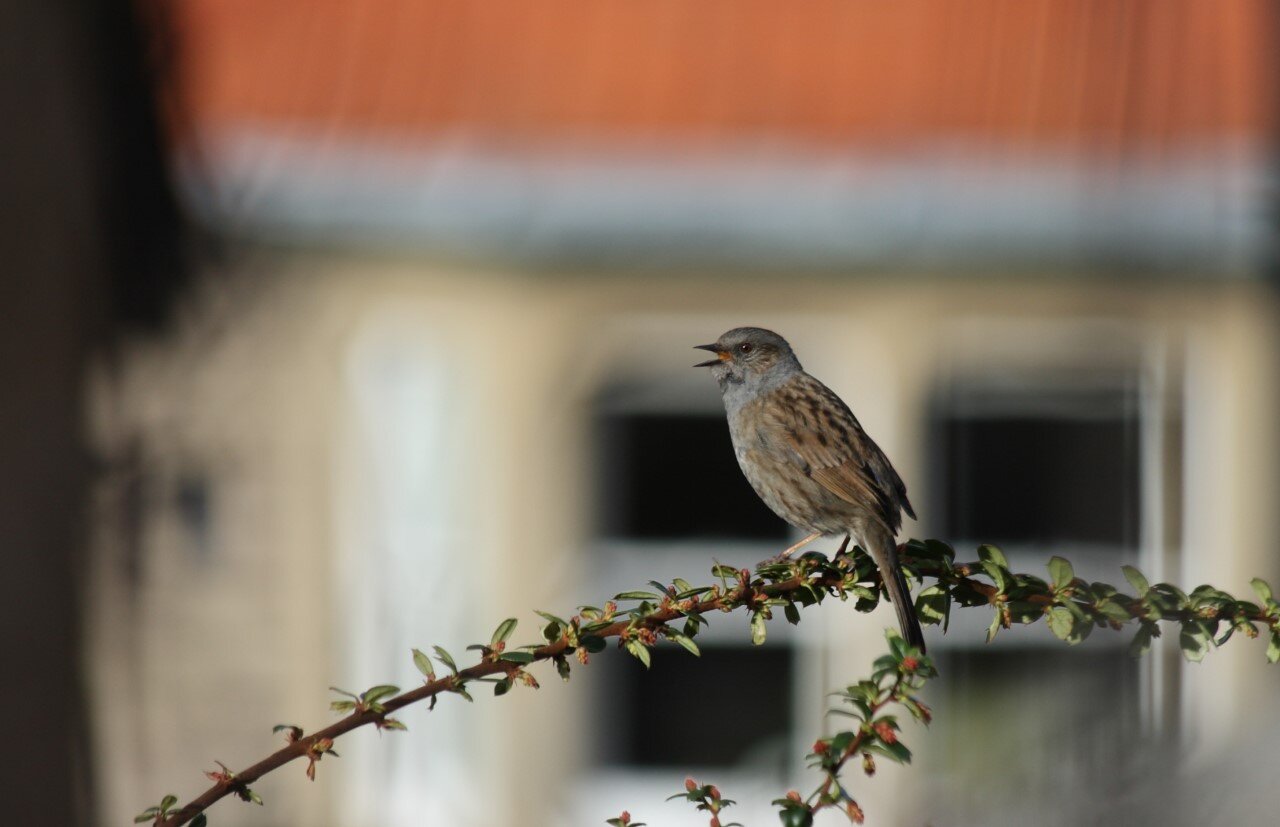Bird Song with Geoff Sample
Geoff Sample is a contributor to Urban Tree Festival, who specialises in bird song and natural soundscapes recording. Each day of the festival following the morning meditation with Mel, you can listen to his recordings to use your imagination to connect with nature and meditate. In the interview, Geoff reveals his inspiration behind bird recording, the lessons he learned through the years and the relationship between birds and urban trees.
How did you come up with the idea to start bird recording? What was your inspiration?
For Geoff, it wasn’t really an idea that suddenly came up but more of an evolution of his childhood interest with nature, as he was brought up in the countryside. While he lived in London in the 1980’s he had a recording studio and used to work with music, and as his fascination for birdsong and their culture, grew after a holiday in a remote place in Scotland Geoff began to record them wherever he went, using his recording equipment to captivate the sounds the birds sang. He began noticing the different songs of particular birds, a varied orchestra combined by different birds altogether creating the soundtrack noise of nature. He had his first album contract and began to record the birds and to hear the patterns he was hearing ephemerally to see if they were what he thought they were and got hooked into it. He realised he was more fascinated by the birds and the sounds they evoked than the music he had been working on in his studio for such a long time. His childhood interest with nature manifested itself as Geoff expressed his admiration for nature, through his recordings of the birdsongs.
2. We think that bird recording is quite unconventional. Why do you think people connect with what you do?
For Geoff, bird recording was never random. As a kid, he always wanted to be a naturalist and it felt like everything in his life was leading him towards where he is right now. Although it is a niche activity, he thinks that people connect with what he does, because the more you find out about bird song, the more you discover. It is a way of understanding birds’ social life, and Geoff takes people into the world of intimate connection with nature that they usually don’t experience.
3. What are the biggest lessons you learned about the world and yourself since you started bird recording? How did your life change?
It was a big change for Geoff to go from working with musicians and people every day in his studio to suddenly go to spending most of his time by himself with nature and recording by himself. Since he spends so much time in his birdsong recordings and works by himself, he really values the quality time spent with others. One of the lessons this taught him is the sort of universality or the universal language of nature that has helped him in so many of his journeys around Europe recording to establish an innocent connection with a stranger, without speaking the same language but understanding each other by the name of nature. As Geoff explained, he always learnt to speak in the local language to be able to express what he was doing or looking for, and what he found is that people were really welcoming. So in that sense, the outcome of birdsongs has encouraged Geoff to learn new languages and meet new people, through the understanding and fascination of nature such as in Spain, and Greece.
4. How did London you knew and lived in has changed in terms of birdsong over the years?
It was a difficult question for Geoff, as he lives in a rural area and visits London quite rarely now. What he noticed though, is that for example, green parakeets, which were rare 30 years ago have now become very common.
5. What do you think might be the effects of climate change on birds in the long term?
Geoff clarified it’s not his area of expertise but one thing he does know, from his interest on the mountain birds in Scotland is as the climate begins to get warmer the area available to certain birds like Snow Buntings and Docktrol that are just on the edge of the range there, is expected that they will become extinct in this country. Globally climate change may cause the extinction of various birds species whose habitat will be altered or destroyed by climate change. What Geoff commented on what is happening already now, is the fragmentation of habitats.
6. Have you noticed how birds responded to the Covid-19 pandemic? If yes, how so?
Geoff didn’t notice that big of a change in birds’ behaviour. The only thing he’s noticed is that some birds have nested very close to paths because few people are coming through them. The awareness of people towards bird song has risen, and the clouds are all-natural for the first time in a while. He says there’s been a real surge of interest towards bird song and nature, which is great!
7. How would you describe a relationship between birds and trees?
Geoff describes their relationship as ‘Mutualistic’ as they support each other. He explains, trees are a refugee for birds and are their song post and for nesting, but also trees provide food for the birds, such as caterpillars and many birds species the time they are breeding when they have young in the nests they can feed them. So whilst the trees provide birds with food, the birds provide a service to the tree as they eat the caterpillars that would otherwise be eating the tree’s foliage, therefore benefiting each other.
8. Which trees planted in urban areas attract the most singing birds and why?
‘Old and native trees provide the most food and most nest spots, they tend to be better for birds’ - says Geoff. Native species tend to benefit native wildlife. While old and rotten wood attracts more insects and more insects means more food for birds.
Geoff’s birdsong recordings are a lifesaver to escape the everyday routine of being bombarded by our incessant use of electronics as they lead us into the wilderness of nature through the enchanting songs the birds chant. His knowledge and admiration on birdsong is fascinating and a world most of us are unknown to. This interview gives us a better understanding in it.
You can listen to his bird recordings every day after daily meditation here: https://urbantreefestival.org/a-daily-birdsong
This interview is conducted and written by two of our amazing volunteers, Natalia and Sarah!





